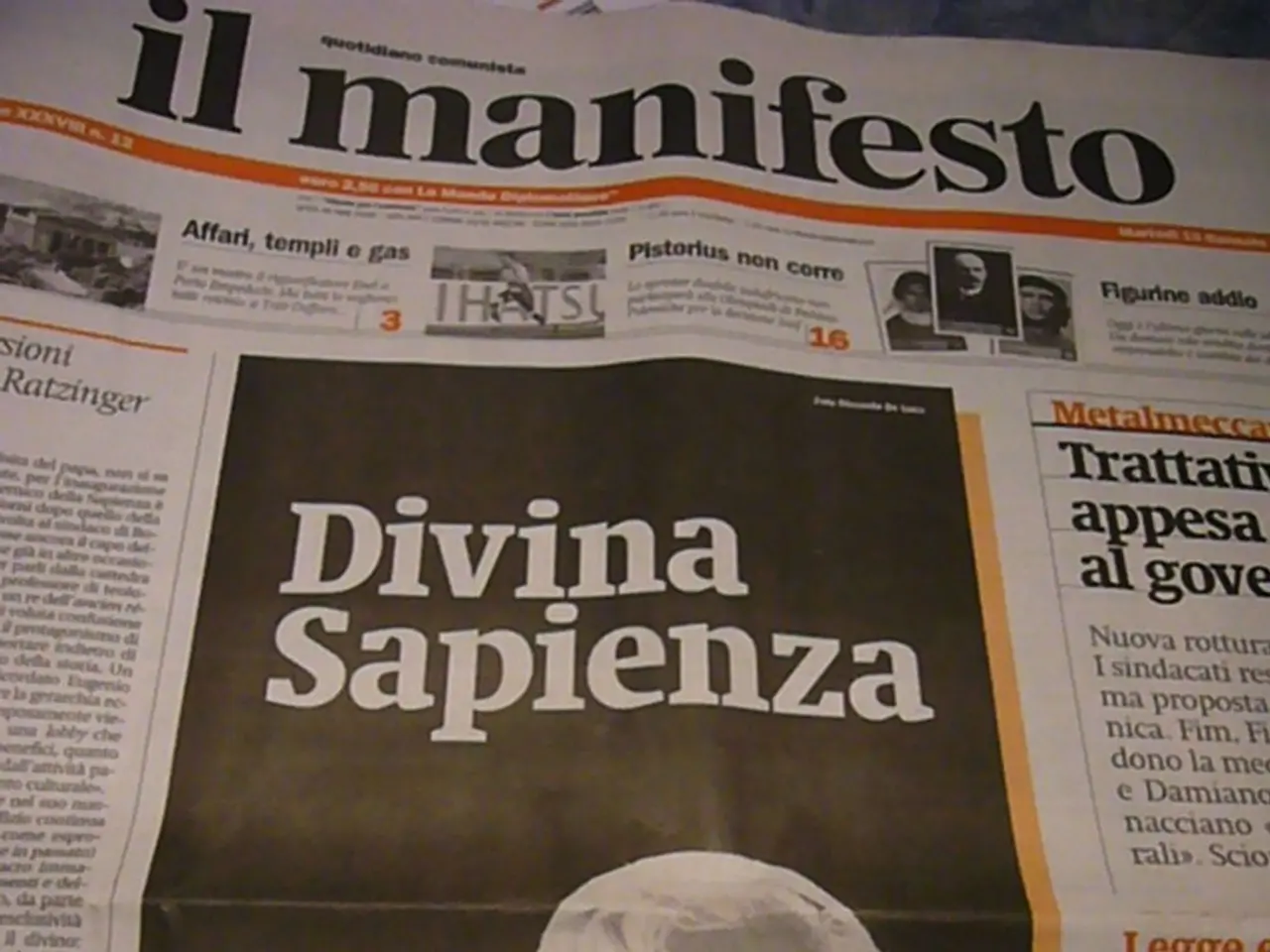Journalists face potential restrictions under proposed visa regulation according to SIP's worry.
The Department of Homeland Security (DHS) has received a joint appeal from SIP, the Committee to Protect Journalists (CPJ), and 33 other social communication organizations to withdraw a proposal that could limit the stay of foreign journalists in the U.S.
The initiative, presented by the Trump administration on August 28, aims to restrict foreign journalists to a 240-day stay, with the possibility of extension. However, several organizations, including Reporters Without Borders (RSF), the World Association of News Editors (WAN-IFRA), and the SIP, have expressed concern that this proposal could represent a setback for press freedom and create a control mechanism that could be used to pressure or silence critical journalists.
Martha Ramos, president of the Committee on Press and Information Freedom of SIP, has warned that this initiative represents another way to limit access to information and silence international criticism, in an attempt to influence public discourse. She also emphasized the risk of other countries adopting retaliatory measures against U.S. journalists, thus restricting global information flow.
The organizations argue that the proposal would negatively impact press freedom and freedom of speech. They contend that it paves the way for disguised censorship, political reprisals, and new obstacles to transparency and access to information of public interest. WAN-IFRA has classified the proposal as discriminatory and argued that it seeks to solve a non-existent problem.
The president of SIP, José Roberto Dutriz, added that adopting restrictive visa practices, similar to those criticized in authoritarian regimes, weakens U.S. moral authority on the international stage. He also warned that the proposed measure could introduce permanent uncertainty about the stay of foreign correspondents, encouraging self-censorship and discouraging critical coverage of the U.S. government.
The DHS states that the initiative aims to address alleged "security risks" and stop "visa abuse," also affecting students and exchange visitors. However, Dutriz and Ramos argue that this proposal could potentially lead to a weakening of the U.S.'s standing on issues related to press freedom and freedom of speech in the international community.
DHS has announced that there is the possibility of sending 'online' comments about the measure before the deadline of October 26. The organizations urge the public to voice their concerns and support press freedom by participating in this consultation process.
SIP is a nonprofit organization composed of more than 1,300 social communication organizations, dedicated to defending and promoting press and expression freedom in the Americas. The impact of this proposal could extend beyond the U.S., potentially affecting the flow of global information and press freedom in other countries through retaliatory measures.
Read also:
- Tobacco industry's suggested changes on a legislative modification are disregarded by health journalists
- Uncovering Political Ad Transparency: A Guide to Investigating opponent's Political Advertisements in the Digital Realm
- Elon Musk praises JD Vance's debate performance against Tim Walz
- Right-wing Israeli minister supports controversial plan for West Bank settlement expansion








